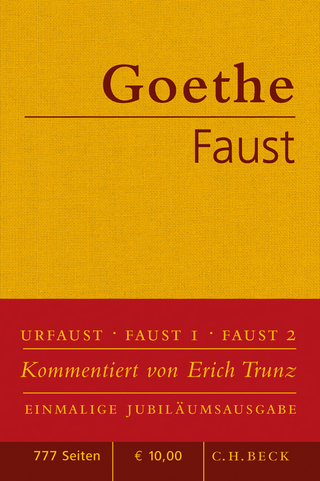
The Playboy of the Western World
Graphic Arts Books (Verlag)
978-1-5132-7934-3 (ISBN)
- Titel wird leider nicht erscheinen
- Artikel merken
Jose Marmol (1818-1871) was an Argentine poet, novelist, and journalist. Born and raised in Buenos Aires, he left law school for a career in politics. In 1839, he was arrested by the regime of Juan Manuel de Rosas and was forced to flee within two years for his political opposition. In Montevideo, he befriended a vibrant community of fellow exiles including Esteban Echeverria and Juan Bautista Alberdi. Several years later, Marmol fled to Rio de Janeiro following the siege of Montevideo by Manuel Oribe, an ally of Rosas. He returned in 1845 and remained in Uruguay for seven years. In the Uruguayan capital, he founded three journals and gained a reputation as a prominent political poet. His twelve-canto autobiographical poem El Peregrino (1847) and a collection of his lyric poems placed Marmol at the forefront of the Latin American Romantic school. He is perhaps remembered most for his Costumbrist novel Amalia (1851), which was recognized as Argentina's national novel following the defeat of Rosas in 1852. Marmol returned after thirteen years in exile to serve as a senator, national deputy, and diplomat to Brazil. From 1858 until his retirement due to blindness, Rosas served as the director of the Biblioteca Nacional de la Republica Argentina, a position later held by his fellow countryman Jorge Luis Borges.
| Erscheinungsdatum | 19.03.2021 |
|---|---|
| Reihe/Serie | Mint Editions |
| Co-Autor | Mint Editions |
| Verlagsort | Portland |
| Sprache | englisch |
| Maße | 127 x 203 mm |
| Themenwelt | Literatur ► Lyrik / Dramatik ► Dramatik / Theater |
| ISBN-10 | 1-5132-7934-3 / 1513279343 |
| ISBN-13 | 978-1-5132-7934-3 / 9781513279343 |
| Zustand | Neuware |
| Haben Sie eine Frage zum Produkt? |
aus dem Bereich


